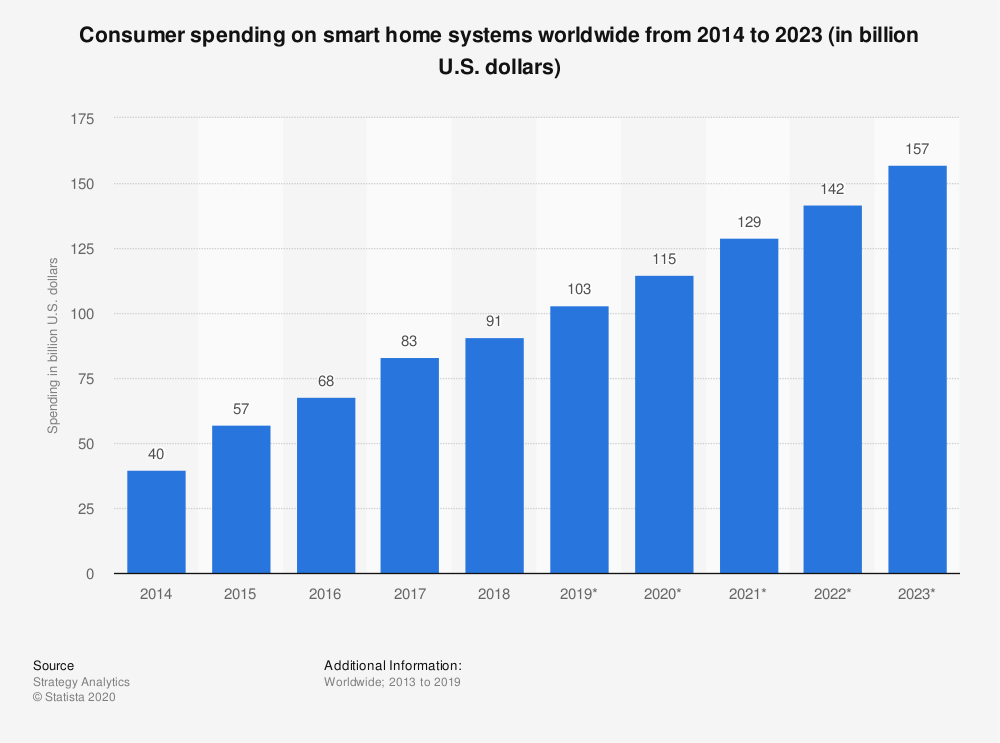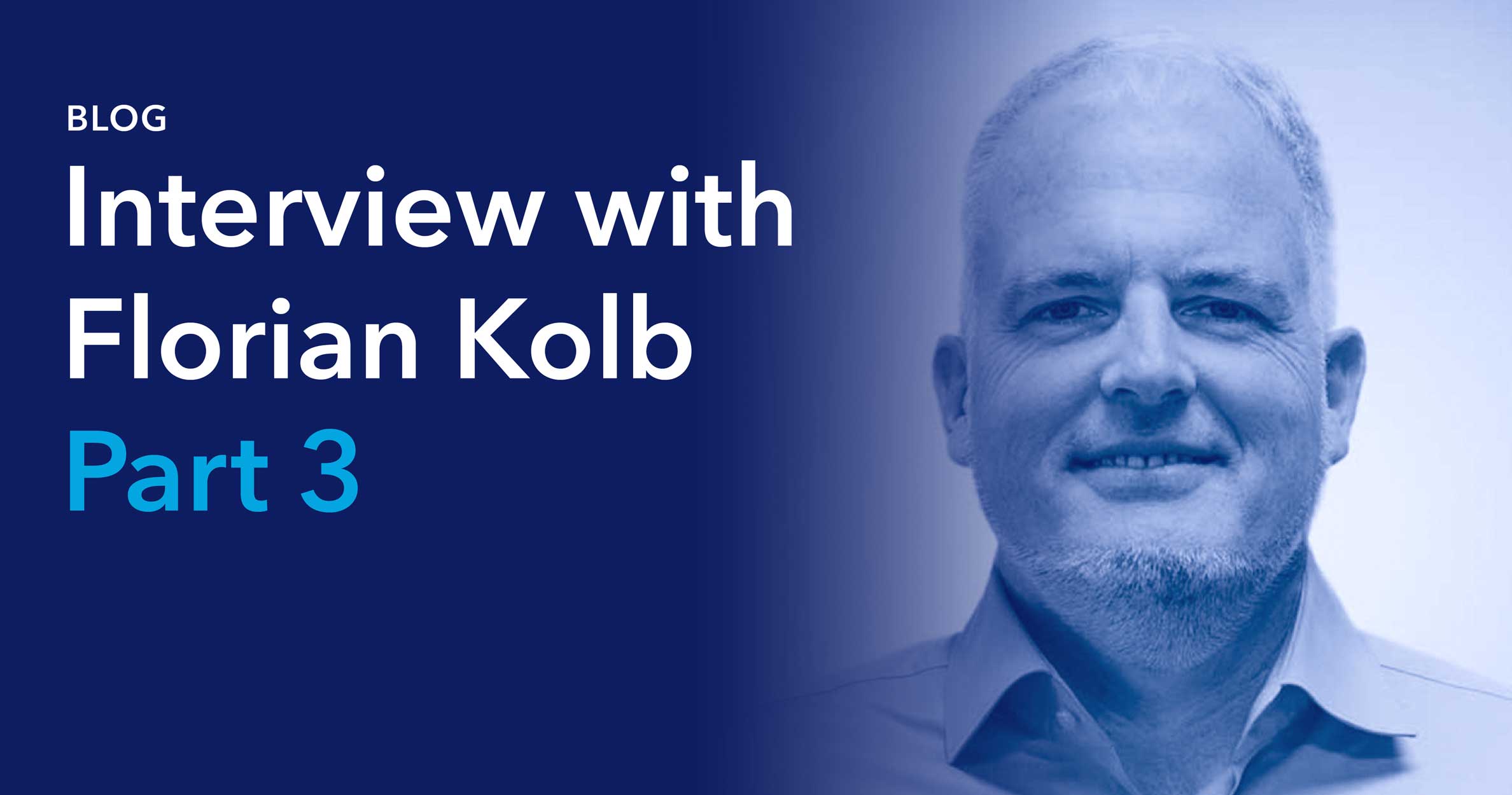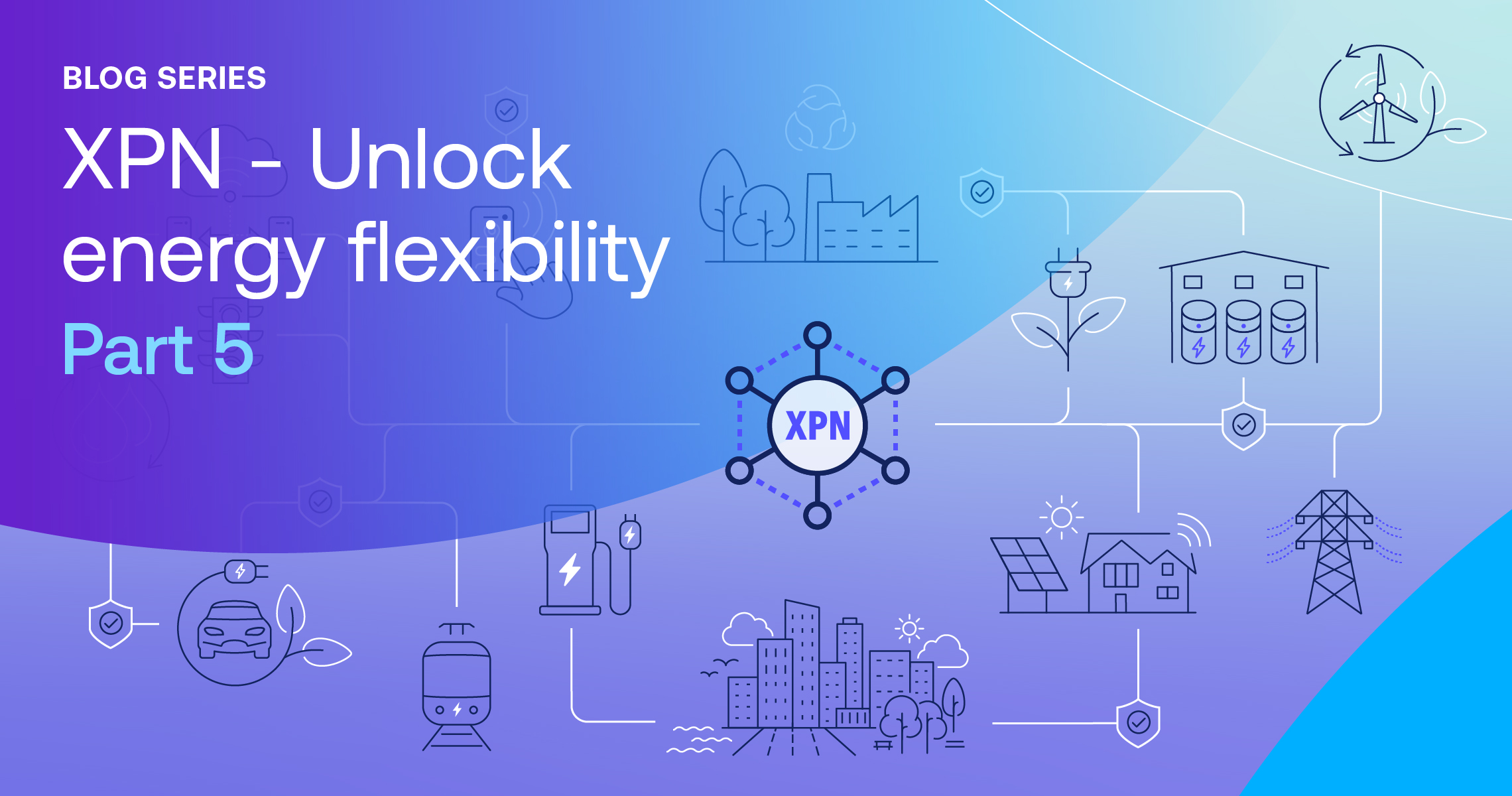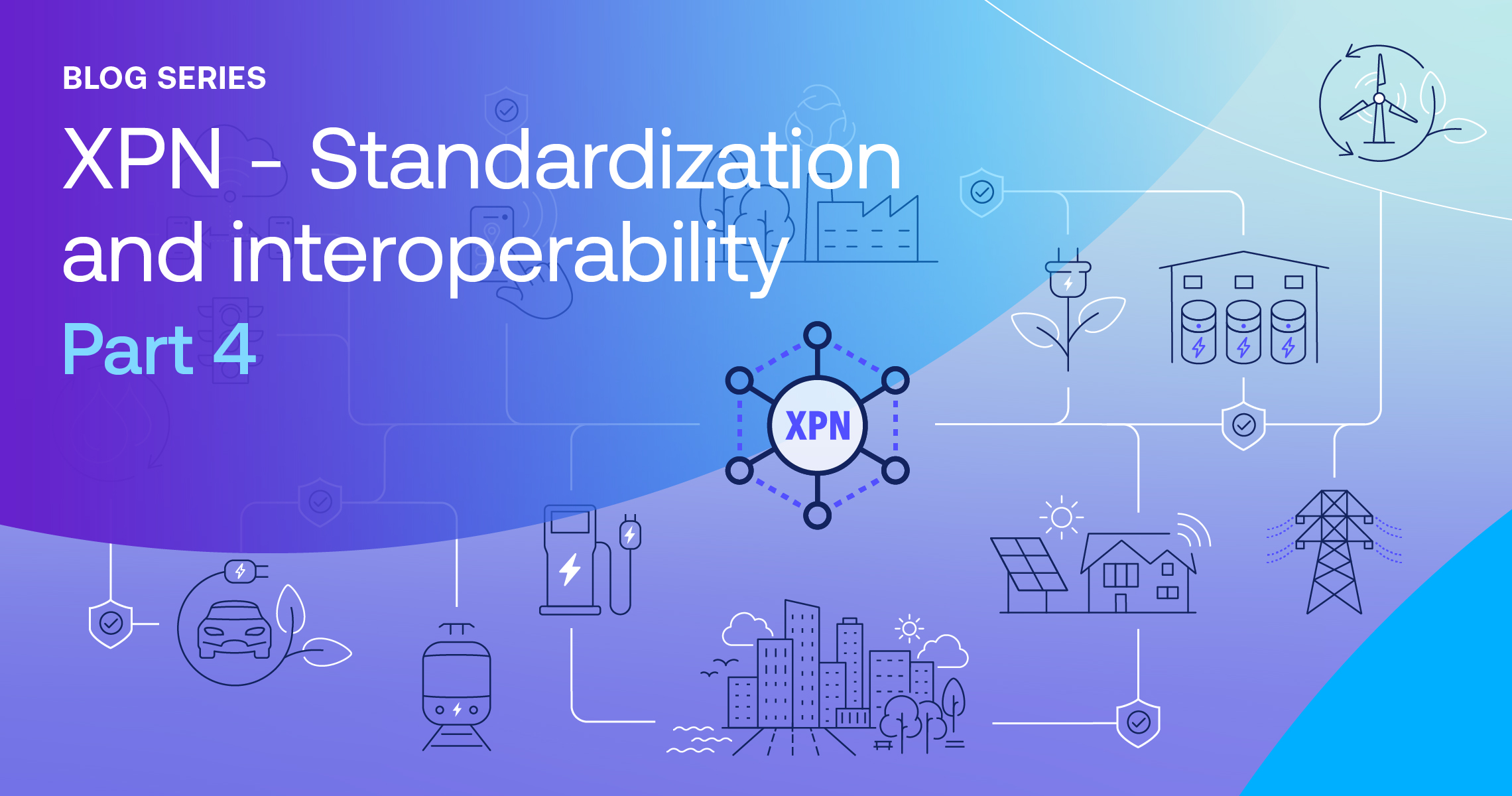The third and final installment of our thought leadership series featuring Florian Kolb, Intertrust’s Chief Commercial Officer and General Manager, Energy, addresses key challenges around energy optimization, IoT, and the critical importance of data security.
—What obstacles do energy companies face as they look to improve operations with a data-driven approach?
Because of the increase in decentralized demand and supply sources, energy has become a hypercomplex system. That complexity increases every day, which leads to similarly complex optimization problems. Optimization is a very mathematical challenge to resolve, a type of multiple criteria decision making. You need to have the ability to recognize patterns in the data in order to make better and forward-looking decisions.
Energy data comes in from a variety of IoT sources—industrial sensors, control systems, connected smart home devices, to name just a few. According to Business Insider Intelligence, “there will be more than 64 billion IoT devices installed around the world by 2026, with companies and consumers spending nearly $15 trillion on IoT devices, solutions, and supporting systems from 2018 through 2026.” Obviously, at this scale, the sheer volume of data and the required decision-making speed go beyond a human’s processing capacity. This is where artificial intelligence comes in, as a tool to help people make better and more educated decisions, by analyzing past patterns.

Image source: Statista
Specifically, when you run an energy system, you have to make decisions at a rapid pace. The switching of energy sources—or users—on and off is measured in milliseconds. In addition, there are both investment decisions and operational decisions that must be addressed quickly. These decisions need to be made 24/7, 365 days a year, because the energy system has to run all the time. So, that’s also a huge challenge. You need a system that is able to process large volumes of real-time data and respond quickly with automated decision making or supporting the decision making of an operator. Another hurdle is some of this data is very distributed, either within a company or across geographies.
—How important is data security and what role does it play here?
Energy is a hypercritical infrastructure—without electricity, nothing works. When everything goes digital, the vulnerability of the system also increases. There are a lot of smart hackers who can penetrate the system and create a tremendous amount of damage, either to the system itself, or to the people operating it. The three types of damage and risk categories are physical damage, supply chain damage (e.g., outages or a lack of available electricity), and reputational damages.
So, data security is incredibly relevant in the energy space, down to the device level. As the number of connected devices continues to grow, you need to ensure that the device identity is clear. You also need to make sure that the data stream from the device to the data platform is secured in the right way, so that it can’t be tampered with. When the data enters the platform, the platform itself has to be secured. And when the data is shared, it also needs to be secured. If protection is low, then the vulnerability is high. Utilities often think that because they run closed systems that do not connect to the Internet, they are safe and do not need to worry. This can be a risky strategy. A lot of people remember the case in Las Vegas where hackers got into the casino’s core IT system via a connected fish tank pump from an aquarium.
—What are some of the advantages of harnessing IoT data—and what are some of the accompanying challenges?
First of all, there’s a treasure trove of data streaming in from connected devices, such as home smart meters—if tracked and analyzed, this data can help reduce consumption and even lower emissions. But it’s customer data, which brings with it a whole slew of data privacy concerns.
Additionally, data sharing between various stakeholders in the energy space comes with its own set of challenges. Cities and grid companies often want to monopolize or limit access to their data, which makes little sense. The grid company’s business will not be damaged if they have to disclose data around their technical infrastructure. You literally can’t hide a substation—people can drive by and they can see it. So why not share information about the substation’s capacity to enable renewable planning? It doesn’t add to the resilience of the older system to withhold the information.
So, how do you bring the data together in a governed and trusted way? Obviously, we have developed the technologies to do just that. If you look at the work we’ve been doing with DigiKoo around EV charger network planning and optimization, you’ll see how it’s possible to use information collaboratively to create a more efficient and cost-effective energy system.
Stay tuned for other installments of our thought leadership series. Follow Florian on Twitter for more of his thoughts on energy.
For more information please contact our sales team.
About Florian Kolb
Florian Kolb joined Intertrust as Chief Commercial Officer and General Manager, Energy in January 2020 after a 15-year career in a series of business leadership roles within the German energy industry. He is responsible for all of Intertrust’s product sales and business development activities, as well as the company’s initiatives in the energy and related industries. Read more




